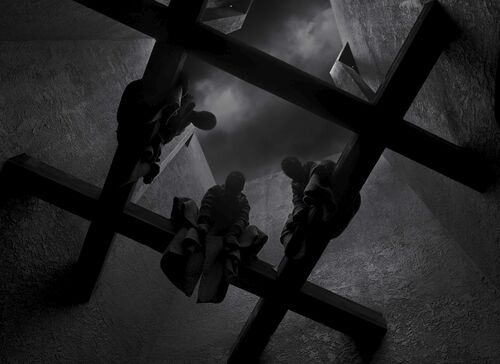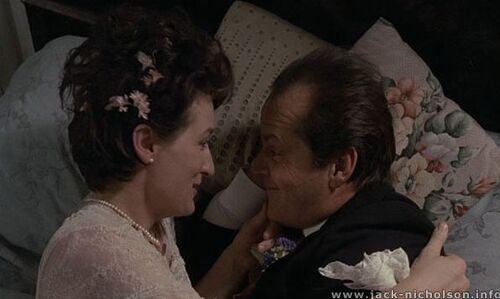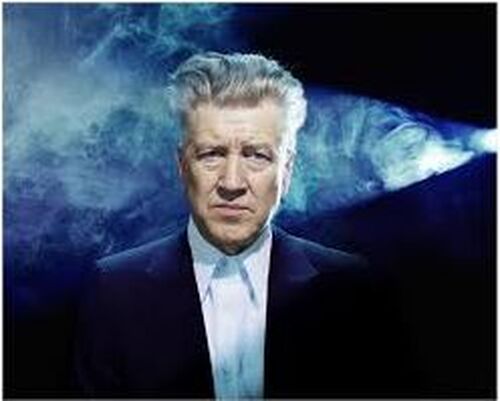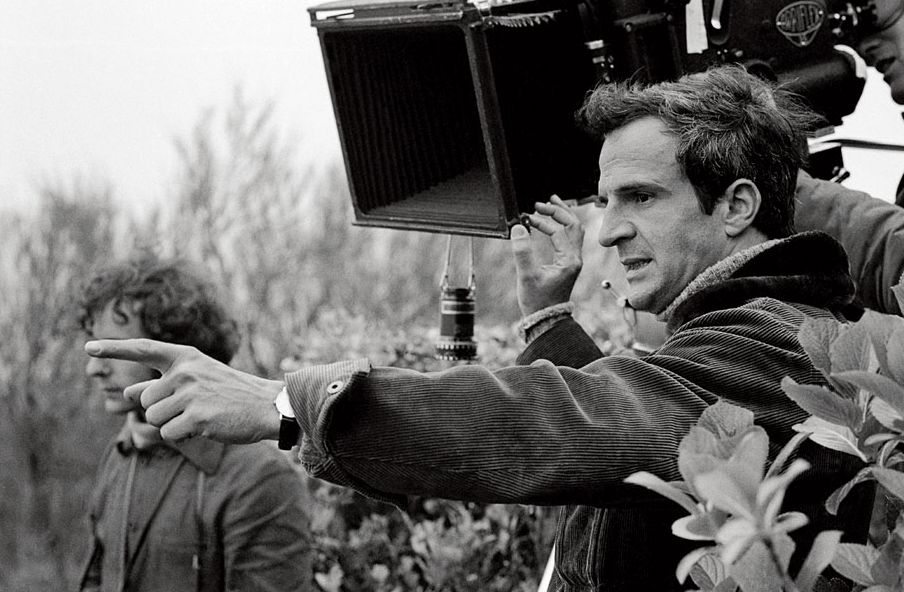
Truffautbruary, a month dedicated to Francois Truffaut: Stolen Kisses
 Granting for himself a certain allowance for nostalgia, Francois Truffaut set out to continue his Antoine Doinel series with his 1968 film, Stolen Kisses. This time, Truffaut caught up with his alter ego just as he is being discharged from the army, desperately trying to become part of a family, and attempting to build a relationship.
Granting for himself a certain allowance for nostalgia, Francois Truffaut set out to continue his Antoine Doinel series with his 1968 film, Stolen Kisses. This time, Truffaut caught up with his alter ego just as he is being discharged from the army, desperately trying to become part of a family, and attempting to build a relationship.
Stolen Kisses would be an interesting departure for Truffaut, as it would represent a deviation from the tightly worked scripts he had used up to that point. After two highly structured screenplays in a row, Truffaut sought a more improvisational take on small events inspired by his own life including his visits to brothels and the end of his military service. The structure of the film was looser than Truffaut had ever used before, but he was more concentrated on who he wanted Antoine Doinel to be. Up until this point, Doinel represented Truffaut almost entirely, in Stolen Kisses though, Truffaut wanted Doinel to be 50% Truffaut and 50% Jean-Pierre Léaud. Jean-Pierre Léaud had brought to the role his unique spirit, expertly bringing Doinel to life in his previous films in the Doinel series, and Truffaut wanted to insert even more of Léaud into the character of Doinel.
Inspired by Honoré de Balzac's The Lily of the Valley and a song by a favorite musician, Charles Trenet (Stolen Kisses) Truffaut attempted to create a blend of his own persona and that of the young man he had developed a mentor-like relationship with, collaborator Jean-Pierre Léaud. Still drawing heavily from his own life, Truffaut began Stolen Kisses with Antoine Doinel being discharged from the military similar to the way Truffaut was discharged. Truffaut was completely humiliated while facing his superiors, each of them knowing he was only being discharged due to Andre Bazin's influence, and although he was desperate to leave the military, he surely could have done without being talked down to in such a way. Being shot with an almost entirely new crew, Stolen Kisses would mark a new endeavor for Truffaut, perhaps that is the reason there was so much nostalgia drizzled throughout the film.
Drawing inspiration from Lubitsch and Renoir, Truffaut made a light and comical, yet touching, continuation of Antoine Doinel. Being inspired by a full page ad for a detective agency, which he incorporated into the film as a means for Antoine to discover his new career, Truffaut decided to have Doinel explore the career of a private eye. Truffaut even collaborated with a private eye throughout filming for added realism. Whimsical music opened Stolen Kisses setting the stage for a more lighthearted tone than was present in Antoine and Colette, and certainly, The 400 Blows. In addition to the music being more light and playful, the acting was also much more physical and comedic than I had previously seen in a Truffaut film. Exaggerated gestures and gags reminiscent of silent film canon gave Stolen Kisses a relaxed, yet experimental feel. The rapid cuts and innovative editing techniques proved Truffaut was staying true to the movement he had ushered in.
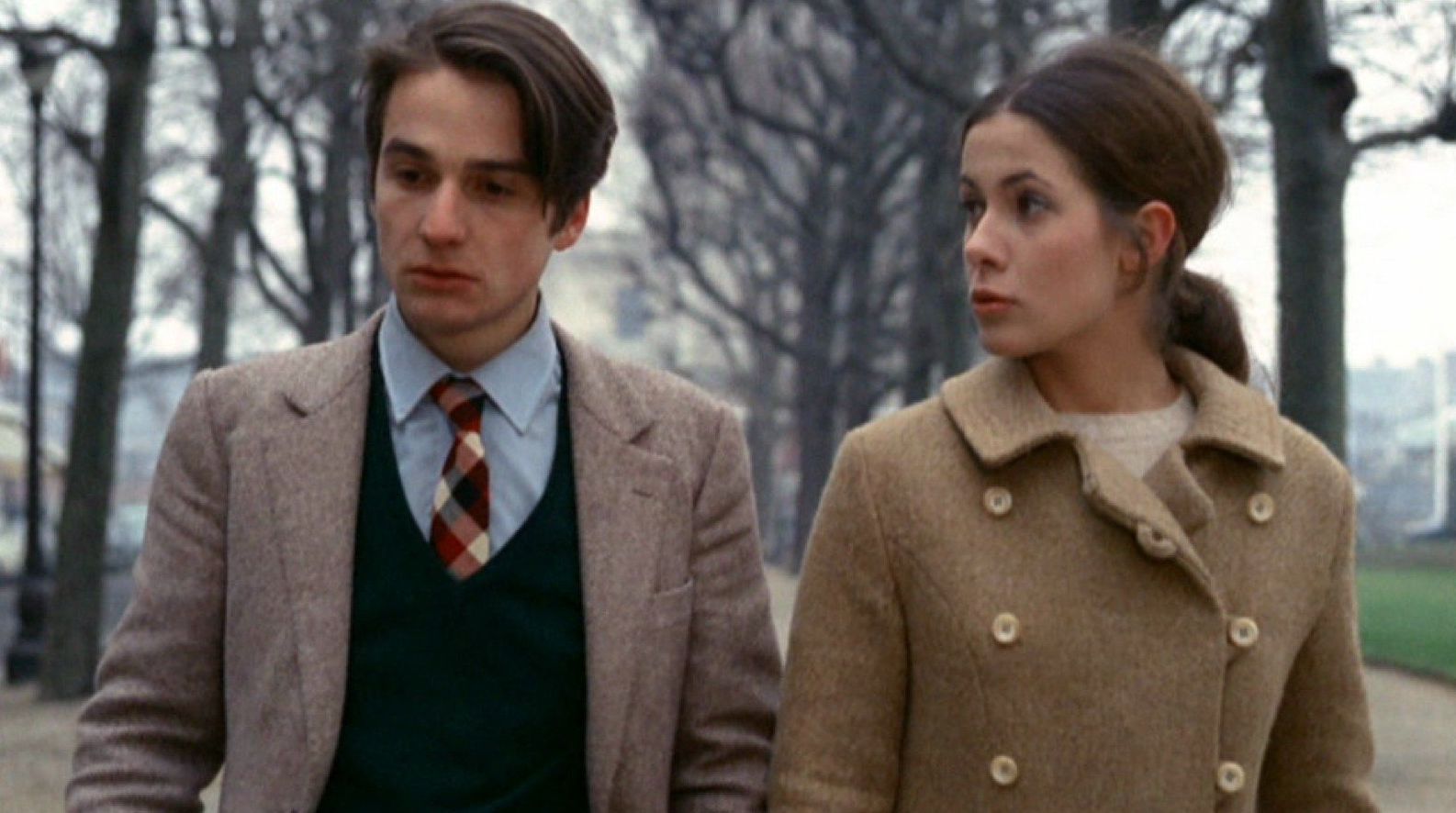
Even in the lighthearted and comedic moments of Stolen Kisses, it was obvious that Antoine was still searching, desperate to fill an obvious void in his life. Antoine was repeatedly trying with incredible diligence to be accepted into Christine's (Claude Jade) family. Antoine was more intent on being accepted into Christine's family than he was on being accepted by Christine. In one of the dinners that Antoine shared with Christine's parents, he admitted that he did not have a close relationship with his parents. Sensing his need for familial connection, and understanding of their daughter's uncommitted attitude toward Antoine, the Tabard's, Fabienne (Delphine Seyrig) and Georges (Michael Lonsdale) would nurture Antoine in one way or another. Fabienne would often act motherly toward Antoine, often by encouraging him to eat or address his feelings. Georges, too, would help Antoine by finding him work and teaching him how to dress so as to be taken seriously, especially by prospective employers. The love Antoine received from the Tabard's seemed to be exactly what he was searching for, as he desperately wanted to become part of a family.
Romantic love also eluded him, as he was unable to gain the courage necessary to express himself to Christine and be honest with her of his desire to take their friendship to another level. Antoine even struggled with the various prostitutes he would attempt sexual relations with, making it clear that Antoine's longing was for much more than carnal urges. Perpetually lost, we see Antoine's immaturity and longing through the funniest moments in the film. Truffaut expertly shows the emasculation of Antoine bookended with lighthearted comedy in order to better feel the multiplicity of Antoine's pain. Not only does Antoine feel like less of a man because of his difficulties with women sexually, but he also feels like less of a person because of his difficulties with maintaining a job and a relationship. This relates back to Antoine's struggle with his parents and his troubled early life. Antoine has traversed most of his life without someone to guide him and without proper examples of how to grow and foster relationships with people. At this stage of his life, Antoine can be guided, like the Tabard's attempt to guide him, but he will not know what to do at each successive step because he has never seen each step play out. Without a model from which to draw inspiration, Antoine is endlessly meandering throughout existence desperate for someone to take the journey with him and help him learn about life along the way.
Love is a driving force for Antoine, he longs for the love in adulthood that he was robbed of through childhood. Antoine seems to possess a romantic conviction that love can overcome the tragedy he has experienced, and by finding someone to love and to love him in return he can change his meandering life into one of purpose. Just as Truffaut struggled to shake his own regretful childhood and to develop the strength to give himself in friendships, love, and cinema, we see Antoine attempt to withstand his upbringing by learning how to develop relationships and navigate the working world, a struggle not unknown to any of us.
